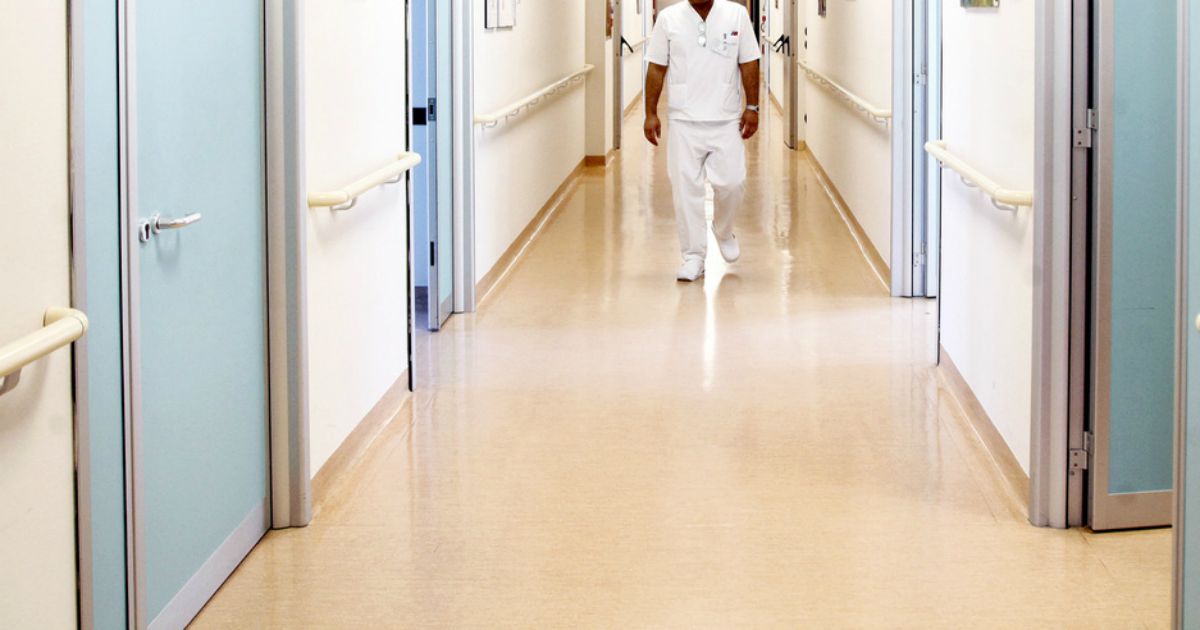In Germania the staff of hospitals, psychiatric clinics, nursing homes and, in shifts, also of emergencies, went on strike. The mobilization began on Tuesday and will continue on Wednesday 15 March. The mobilization was called by the union Ver.Tue to put pressure in the negotiation for the renewal of the contract of the civil servants. Employers at the end of February had offered a 3% linear wage increase per month for this year and 2% in the next and a prize of 2,500 euros tax-free over two years. The unions instead want, in addition to the bonus, 10.5%, and in any case at least 500 euros, more per month. The third round of negotiations will be between 27 and 29 March. For weeks, moreover, Germany has already been experiencing strikes by civil servants. Monday was the turn of the ground workers and security personnel airports which blocked four stopovers causing hundreds of flights to be cancelled.
In Bavaria alone, more than 30 municipal hospitals and district clinics are participating in the strike. Help structures for the elderly are also involved. In Berlin, strikes are also expected at the Charité University clinic and in other hospitals. Employees of the Kassel hospital and the Hanover regional hospital also took part. The German hospital reality already put to the test during the pandemic is on the other hand in turmoil also for the plans of reform presented by Health Minister Karl Lauterbach who proposed an intervention by rationalization like it hasn’t been seen for twenty years. The 1,900 hospitals would be divided into three levels of assistance and funded accordingly. Small hospitals for general medicine, specialized centers for specific treatments and university clinics. The quality of care would be improved by concentrating the most complicated operations only in certified centers of expertise, ensuring only generic assistance on the whole territory. Hospitals should receive more money to cover their fixed costs, such as personnel costs; they would then be relieved of the economic pressure of carrying out operations, being able to invoice a generic lump sum, while the application of a specific commission for operations would be reduced to only 40% of cases.
Above all, the small hospital structures in the extra-urban territory fear however that the Lauterbach plan would drastically reduce their competences, forcing the patients of provinces to long commutes for specialist care or even depriving them of nearby life-saving emergency care centres. For the managing director of the emergency surgery and orthopedic clinic of the province of Passau Josef Mader, interviewed by Zdfthe reform outlined by Lauterbach would predictably lead to the closure of 600 hospitals throughout Germany. The concentration of hospital realities would lead to the cancellation of many jobs, while many doctors seeing themselves relegated only to basic assistance would leave non-specialist structures. The result would be second-class assistance outside the large population centres.
In Länder a guide CDU/CSU Bavaria, North-Rhine Westphalia and Schleswig-Holstein, fearing closures in peripheral locations, want territorial peculiarities to be taken into account, ask guarantees on funding and claim that the planning of hospital structures is a regional competence. Indeed, they announced a verification of the compatibility of Lauterbach’s plan with theirs Constitutions.
However, experts agree on the need to rationalize an overpriced and inefficient healthcare system. the president of theAssociation of German Hospitals (DKG) Gerald Gaß already fears a wave of insolvenze: at the end of March the clinics will have a deficit of 9 billion and at the end of the year it could rise to 15, especially to the detriment of assistance outside the urban centres. But even with the Lauterbach reform, aid for energy costs could only be requested by a few structures. For Gaß it would actually take a investment fund of ten billion a year. Lauterbach is aware of the difficulties, hospitals are understaffed, costs are rising due to inflation, but he depends on his colleague for funds Christian Lindner, Minister of Finance. Moreover, the Länder also fall under accusation, which according to theAssociation of public health funds (GKV) from a share of investments in healthcare of 25% in 1972 have dropped on average to 3% in 2020. However, the latter do not want to be placed in front of a map drawn only in Berlin and without approval of the larger regions, such as North Rhine Westphalia, the reform could be rejected al Federal Council. Another six meetings between the regional and federal ministers are scheduled until this summer to agree on the framework points.
